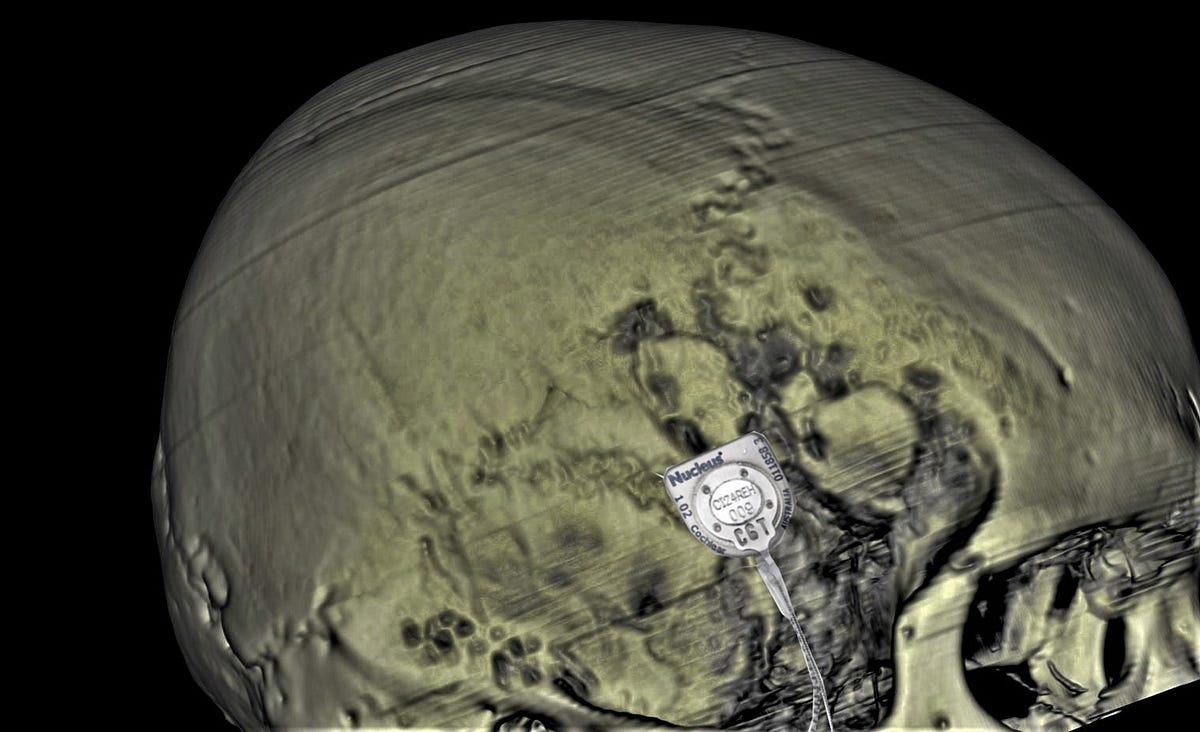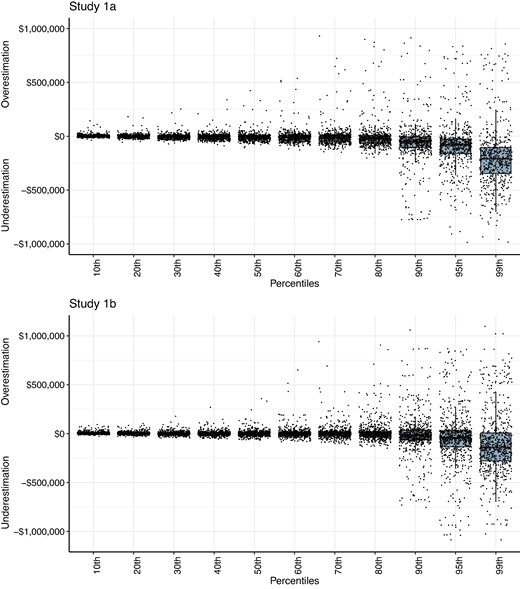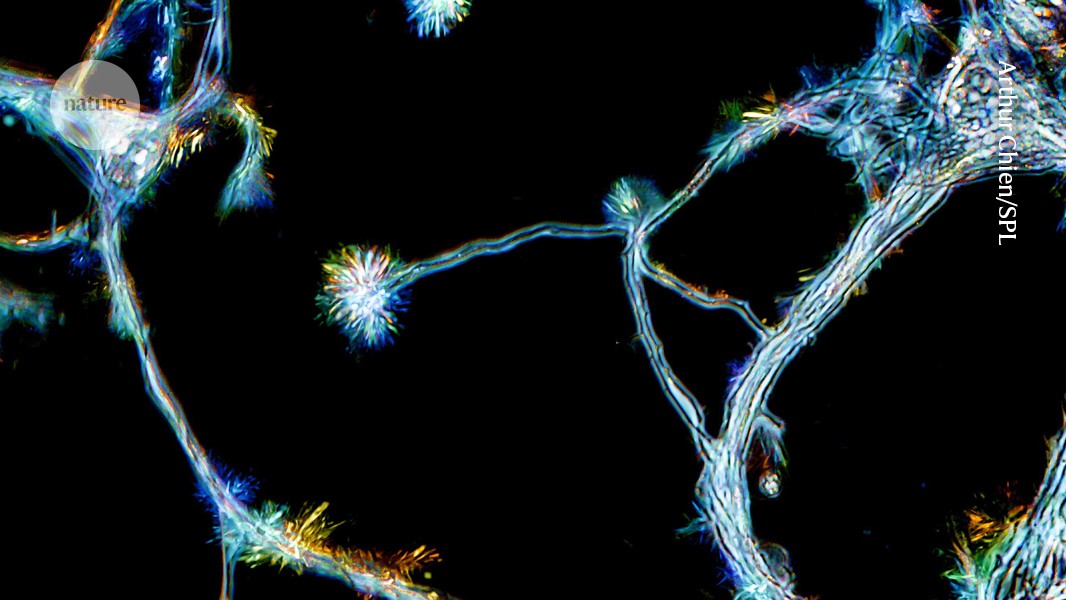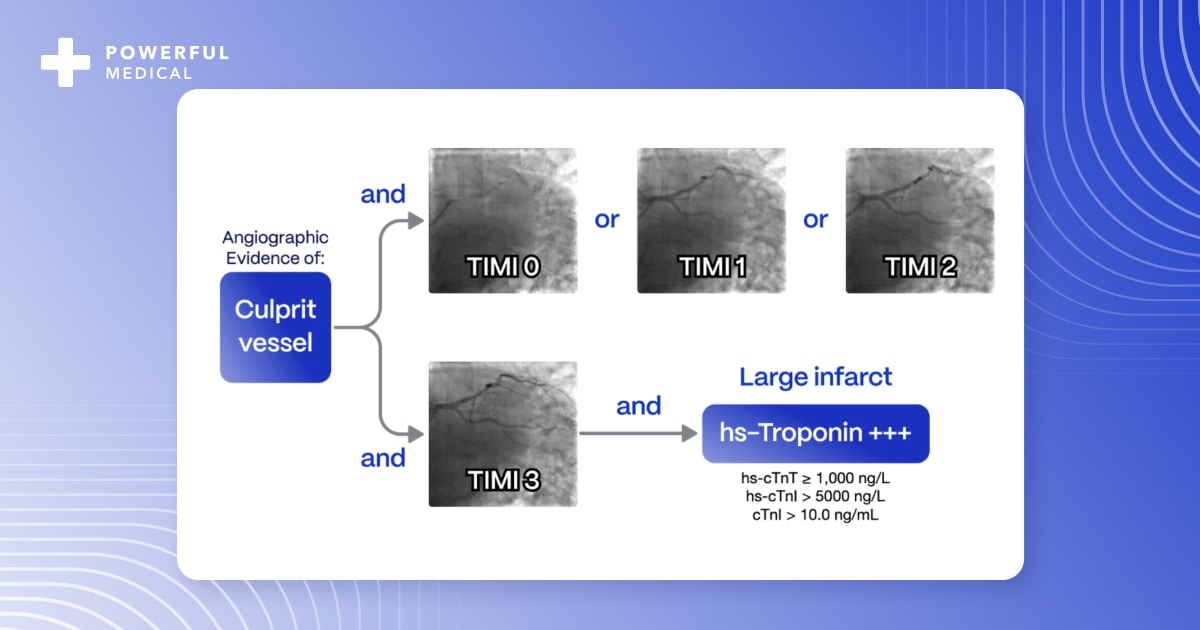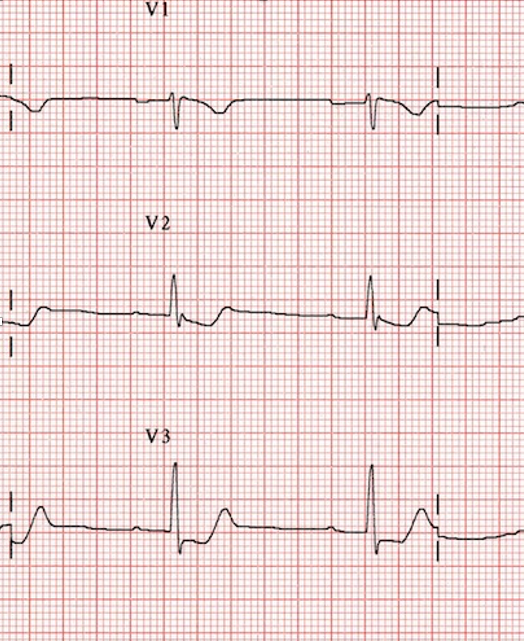
Dr. Smith's ECG Blog: The OMI Manifesto
CONGRATULATIONS to Drs. Meyers, Weingart & Smith on an amazingly complete and superb compilation of information! Thank you for your great work!
With your permission i have translated this document to my dutch blog (acute medicine blog) https://acutezorg.blogspot.be. I have mentionted you as the source and wrote a disclaimer that its a informal translation, where the post is not to be used in a protocol or guideline, before approval from the responsible physician
Excellent presentation and evidence based as with all your posts. Let's hope this gets the recognition it deserves for us and our patients.
Steve, Pendell and Scott... Congratulations on producing a well-described alternative to STEMI and NSTEMI (not just the terminology, but the whole approach to diagnosis and treatment!). To understand that a patient with classic ACS-type chest pain with a 0.75 mm ST elevation in a lead with a 0.80 mm QRS amplitude deserves to have his/her myocardium preserved is a refreshing concept. I just wish we could get away from the terminology that implies we are treating "infarctions." How about OMI = "Occlusion Myocardial Ischemia?" Regardless, thanks to all of you for such a well-presented idea. If you need any assistance spreading the word, count me in!
Jerry, Another great idea. Whenever I give a lecture to students on EKG in MI, I show them a STEMI and say, "Well this is not necessarily infarction until the myocardium dies, and it sometimes does not end up with ANY infarction, and, if it does, it may be a LOT of infarction or a LITTLE. Others call ST Elevation ischemia "INJURY" but that term implies some irreversibility to it as well. So "subepicardial ischemia" is better, but then that is inadequate to the task as well because the vast majority of the time there IS actually infarction.......The reality is that this syndrome has such an enormous spectrum that no one term describes it well. Thanks! Steve





